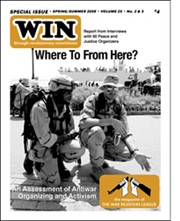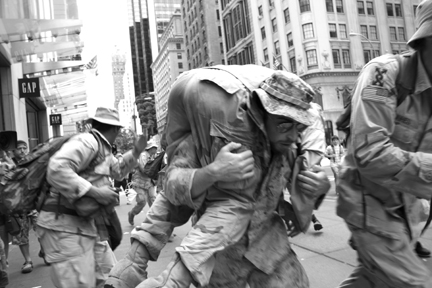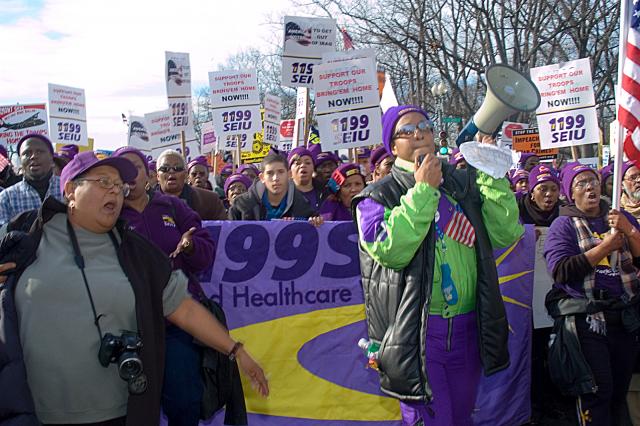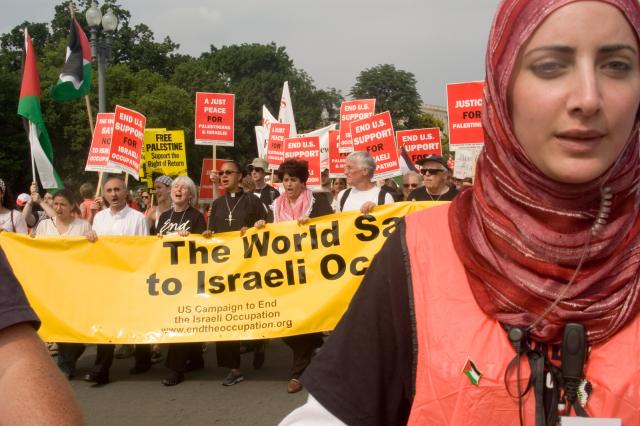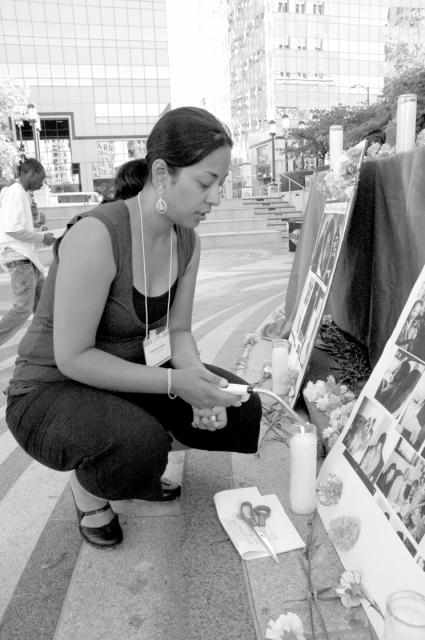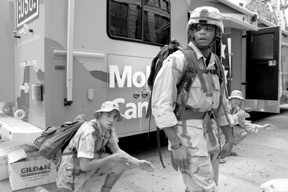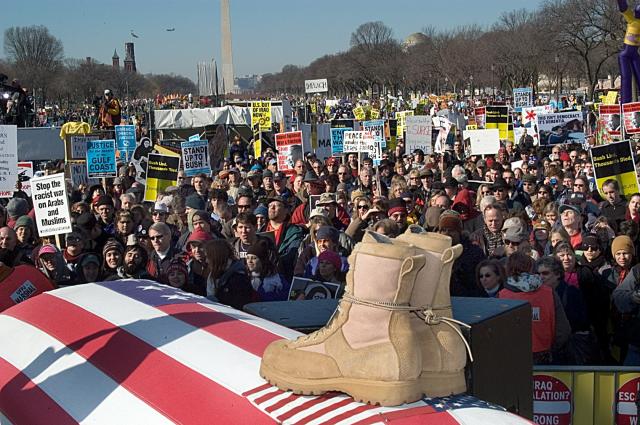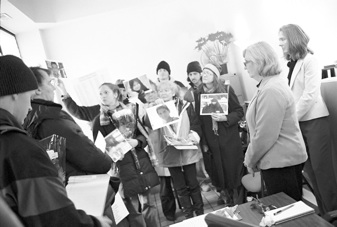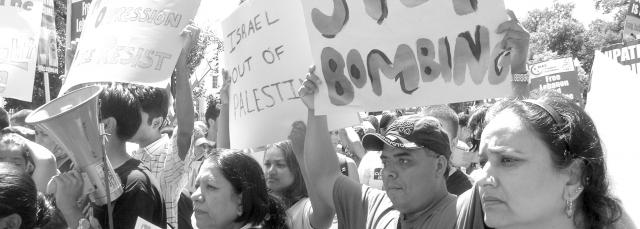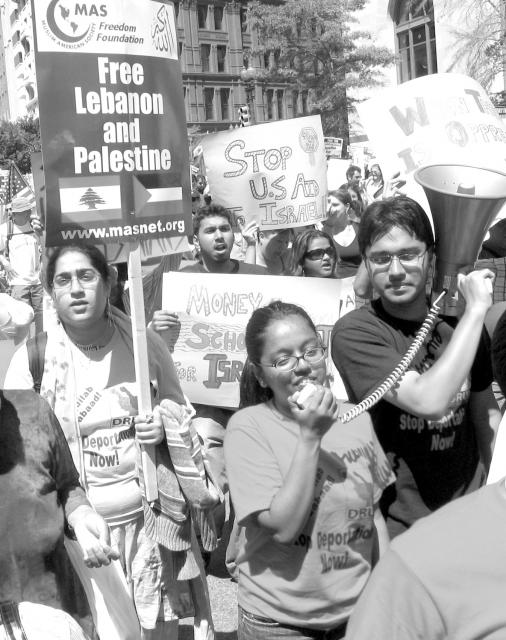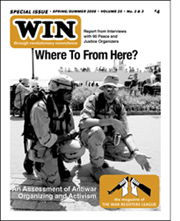Listening Process – Interviewees and Organizations
Patty Adams, Steve Borla, Harold Burns, Kate Foran, Danny Malec Voluntown Peace Trust Pam Allee, Kima Garrison, John Grueschow, Paul Maresh Portland WRL Aimee Allison Army of None project Service Women’s Action Network Mark Anderson We are Family Ruckus Society, Indigenous Peoples’ Power project Shane Bastien, Michael Bayly, Joe Cling, Marv Davidov, Bob Kolstad, Lauren…

